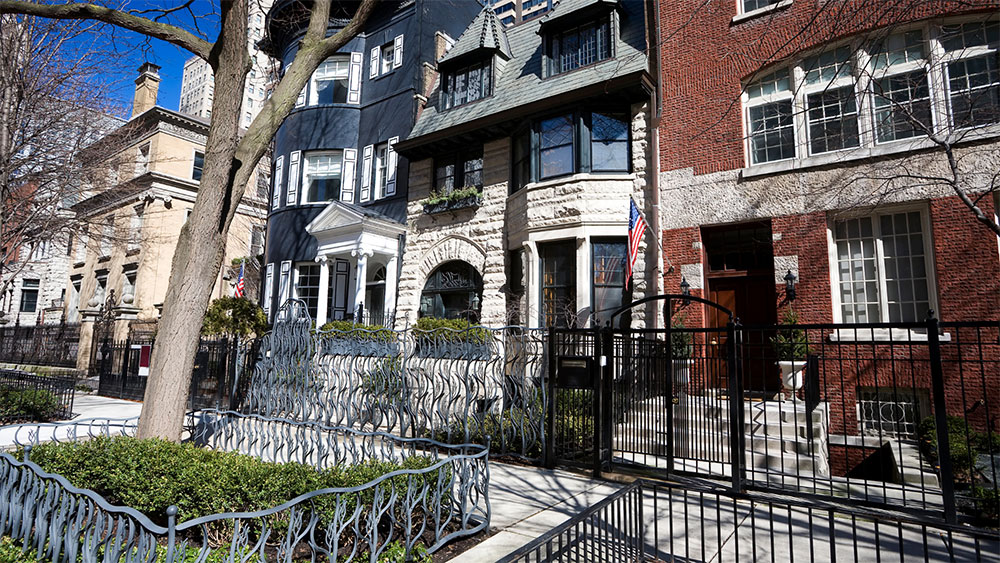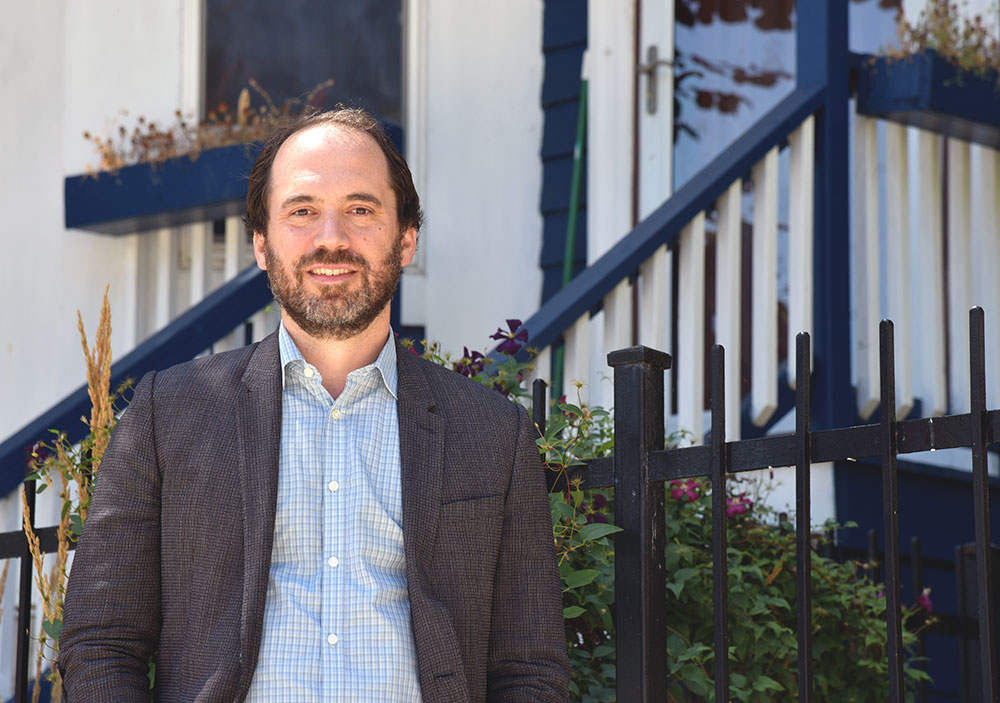 The Institute for Housing Studies' latest research highlights gaps in racial and ethnic homeownership and the impact of the 2008 recession on Chicago housing.
The Institute for Housing Studies' latest research highlights gaps in racial and ethnic homeownership and the impact of the 2008 recession on Chicago housing. Each year, DePaul’s Institute for Housing Studies releases research that informs housing policy and practice in the Chicago region. Among the institute’s latest research is a report produced in collaboration with the Urban Institute, a national social and economic policy think tank. The report, “Chicago Housing Overview: Preserving Affordability and Expanding Accessibility,” “highlights opportunity and need to increase investment in sustainable homeownership programs to bridge the wealth gap,” says
Geoff Smith, executive director of the institute.
Smith says the research was funded by the Chicago Community Trust through its Protecting and Advancing Equitable Homeownership initiative. The funding also supports the institute’s ability to provide direct, data-focused technical assistance to community partners working to create and preserve homeownership opportunities in their neighborhoods.
 Institute for Housing Studies Executive Director Geoff Smith | Photo by Kathy Hillegonds
Institute for Housing Studies Executive Director Geoff Smith | Photo by Kathy Hillegonds
“This project leveraged the national data and expertise of the Urban Institute and the deep local knowledge and unique data of the Institute for Housing Studies,” Smith says. “This resulted in an analysis that served as the foundation for strategy conversations among practitioners and policymakers to identify policies and best practices to reduce homeownership gaps in the Chicago region.”
Below are three themes and takeaways from the report:
The Racial and Ethnic Homeownership Gap. The report highlights Chicago’s history of segregation and disinvestment of Black communities, which has created the conditions for uneven neighborhood investment, lack of opportunities for sustainable home ownership, and substantial wealth gaps between Black and white households. According to the report, which includes data compiled from various sources on the state of the Chicago housing market, only 12.2% of residents in predominantly Black areas earn at least $100,000 a year, compared with 18.8% of residents in majority-Hispanic areas and 46.7% in majority-white areas.
The Disproportionate Impact of the Great Recession. The 2008 recession had devastating impacts on Chicago homeowners of color, stripping significant home equity and pushing many households into foreclosure. Variation in the recession’s impact and the market recovery across neighborhoods amplified disparities in homeownership and wealth between Chicago’s white and Black communities. Foreclosure activity was highly concentrated in predominantly Black census tracts, where nearly 40% of residential properties experienced foreclosure—nearly double the citywide rate.
Recovery Drivers and Post-Recession Impact. Chicago’s post-recession recovery has been slow and unequal, with home prices only recently returning to the pre-crisis peak in some areas. Despite recent price growth during the post-recession recovery period, house prices in predominantly Black communities remain 24% below peak levels while house prices in majority-white communities are above their 2007 levels.
The institute is a part of the Department of Finance & Real Estate at the Driehaus College of Business. It produces annual reports on the state of rental housing and a quarterly home price index for Cook County, among other research, and posts this information on its website,
housingstudies.org.
Learn more about studying real estate at DePaul